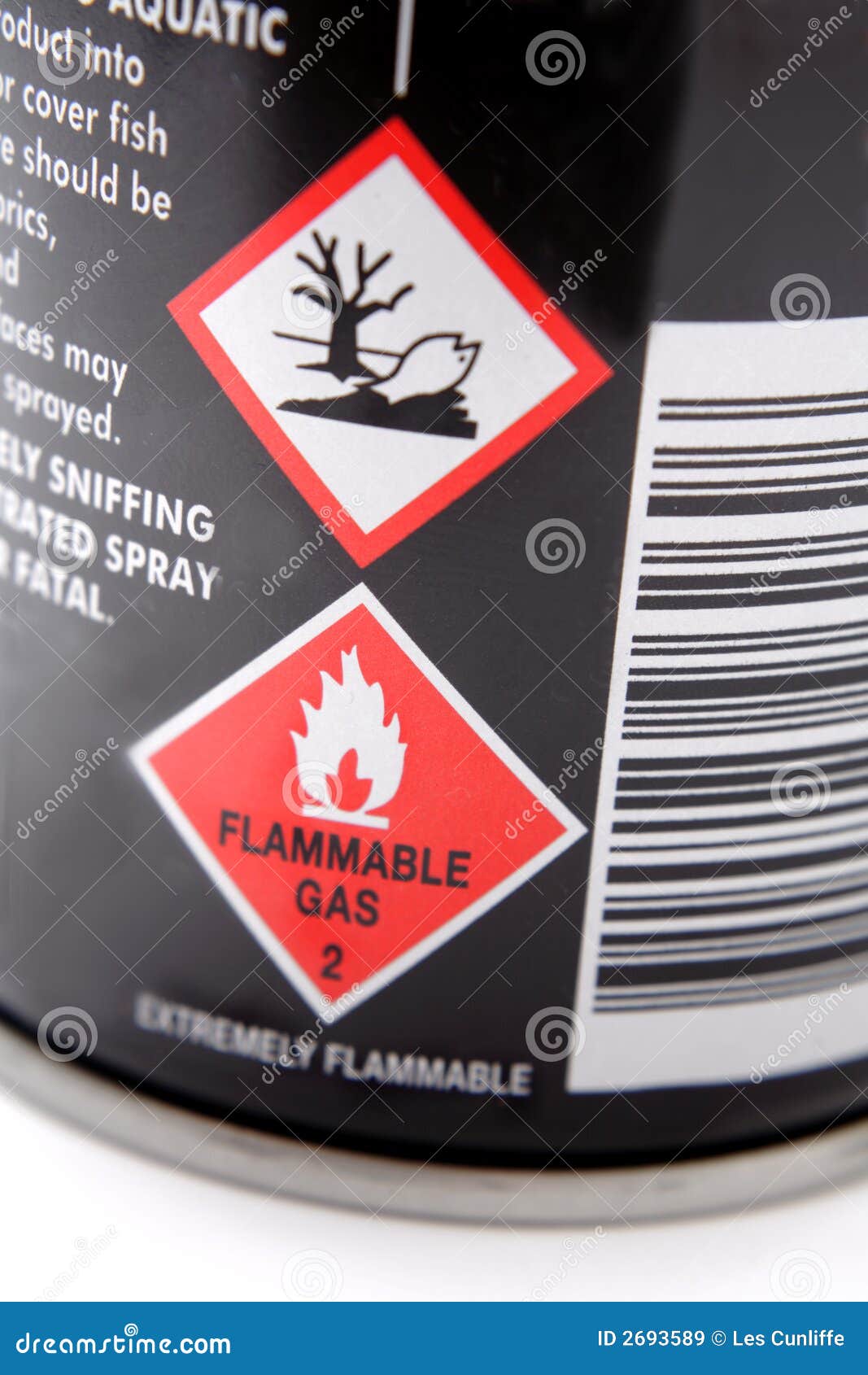

Hang out in screened areas versus open air.What can reduce the risk of mosquito bites?īeyond wearing repellent, reapplying it when necessary, and choosing the right clothing, there are other things you can do to lower your risk of getting bitten by mosquitoes: Unlike DEET, permethrin is not intended for use on the skin, so be sure to follow all package instructions and treat only clothing, boots, socks, hats, and other wearable items. You can also treat the clothes you wear with permethrin or buy clothing that has already been treated with permethrin. To protect yourself, the CDC suggests choosing loose-fitting clothes that cover both the arms and legs for the most protection. Mosquitoes can bite through tight-fitting clothing, like tights or yoga pants. What clothing helps protect against bites? exposure to water (swimming, for example)Īpplying and reapplying by the package directions will help make sure you get the most effective protection.The EPA recommends that you carefully read the labels on any repellents you use and follow the manufacturer’s recommendations on both how much to use and how often to apply products.

How often should you reapply a repellent?
#Warnings label expert off bug spray skin
So, how exactly do you use various repellents to keep yourself bite-free? It’s important to familiarize yourself with the proper ways to apply products to your skin and clothing for maximum results. Young children should not apply DEET products on their own or have it applied in or around the eyes or mouth.

DEET products have the potential to cause health and environmental problems. Whichever species you encounter, you can protect yourself without having to use a DEET-based chemical repellent. Others are attracted to carbon dioxide and certain hand odors. If you’re a mosquito magnet, you’re probably tired of having itchy, bumpy skin.ĭifferent species of mosquitoes - like the ones that carry malaria - prefer bacteria and sweat. People are usually prone to mosquito bites due to a combination of scent, light, heat, and humidity. What to look for in natural mosquito repellents


 0 kommentar(er)
0 kommentar(er)
